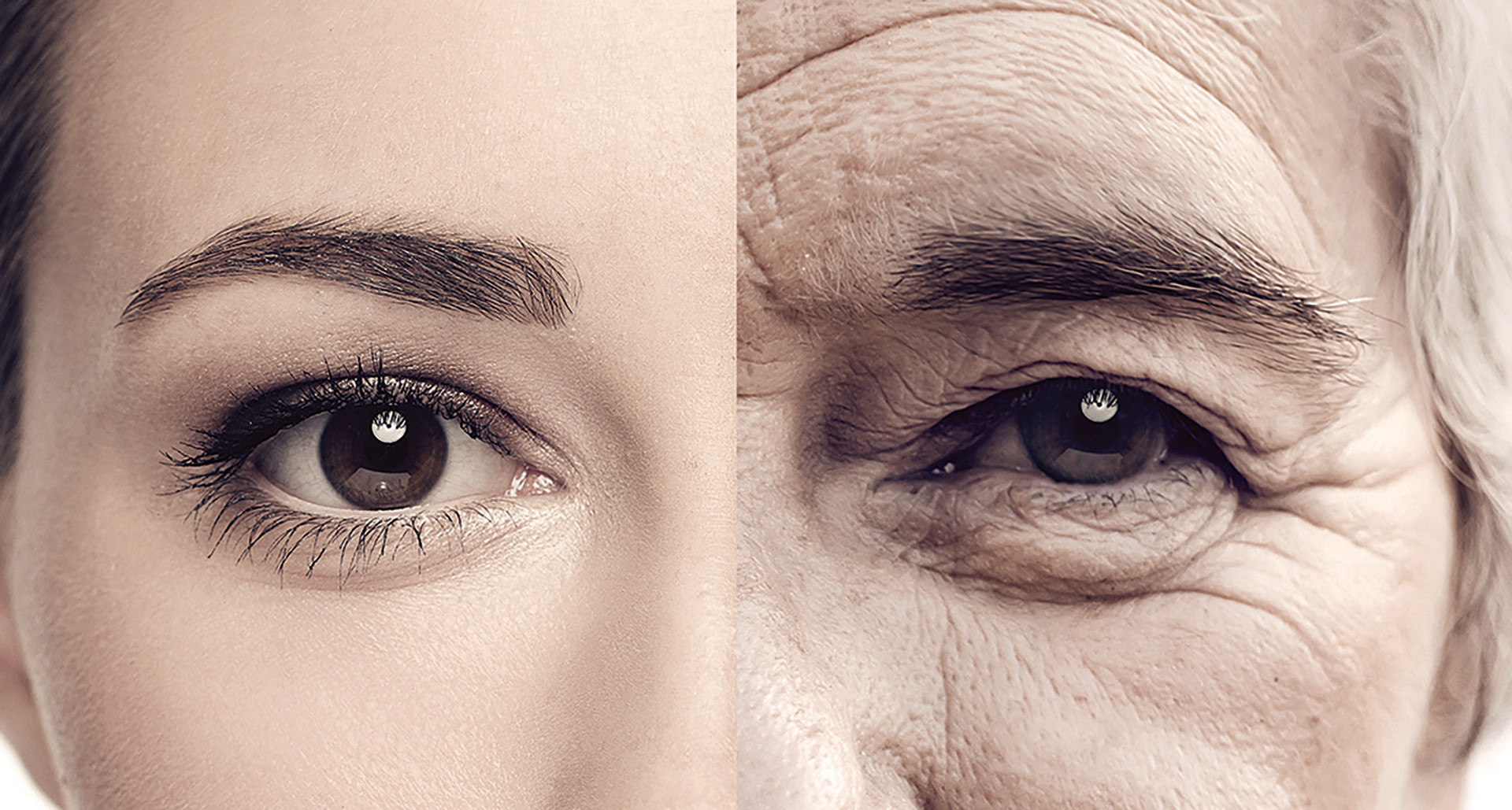
Understand the 12 hallmarks of aging and how to promote healthy aging.
Aging is inevitable, but its unwanted effects don’t have to be. Scientists have identified 12 key hallmarks – biological processes and cellular mechanisms – driving this decline. Understanding them is essential for developing interventions that promote healthy aging and longevity.
Chronic inflammation. Known as inflammaging, this is linked to type 2 diabetes, cardiovascular disease and cancer. Caloric restriction, exercise and anti-inflammatory compounds are being studied as ways to reduce it.
Gut dysbiosis. With age, the diversity of beneficial gut bacteria decreases while pathogenic bacteria increase. This contributes to systemic inflammation and is associated with metabolic disorders, neurodegenerative diseases and a decline in immune function. Keep a balanced gut microbiome through diet, probiotics and healthy choices.
Mitochondrial dysfunction. Mitochondria produce the fuel that powers cells’ biochemical reactions. As we age, their function declines, leading to decreased energy and increased oxidative stress. Targeted antioxidants like CoQ10 and Urolithin A, along with exercise and fasting, help slow aging.
Cellular senescence. This is when cells permanently stop dividing but don’t die. These “zombie cells” cause tissue dysfunction and chronic inflammation, leading to diseases such as osteoporosis, cardiovascular disease and neurodegenerative conditions. Fasting and senolytic activators like quercetin and fisetin can clear out zombie cells.
Altered intercellular communication. As we age, the mechanisms regulating communication between cells become impaired. This can lead to chronic inflammation and weakened immune response, contributing to diseases like Alzheimer’s, arthritis and atherosclerosis. Consider an anti-inflammatory diet and managing hormone levels.
Disabled autophagy. Cells degrade and recycle damaged proteins and organelles, leading to the accumulation of cellular debris, which contributes to neurodegenerative diseases. Exercise, fasting, and autophagy-inducing compounds like spermidine and resveratrol help delay aging.
Stem cell exhaustion. A depletion of stem cells impairs the body’s ability to heal and regenerate tissues efficiently. Regular exercise, a diet rich in antioxidants and stem-cell therapies are potential ways to enhance function and prevent exhaustion.
Deregulated nutrient sensing. Our cells have special systems that help them detect and respond to nutrients. As we age, these can be disrupted, leading to problems like poor metabolism. Caloric restriction, intermittent fasting and some drugs may promote longevity.
Epigenetic alterations. Epigenetics is how our environment, lifestyle choices and experiences affect the aging process. Healthy lifestyle choices influence our ability to control genetic factors.
Genomic instability. As we age, the body’s ability to repair DNA declines, leading to mutations and chromosomal instability. This disrupts cellular function, contributing to aging and age-related diseases like cancer. Fight it with a proper diet, exercise, sleep and fewer environmental toxins.
Loss of proteostasis. This is the process by which our body keeps proteins in balance. As we get older, this starts to break down, and this damage can lead to diseases like Alzheimer’s, Parkinson’s and cancer. Boosting processes that clear out damaged proteins help the body stay stronger
and healthier.
Telomere attrition. Telomeres are protective caps at the ends of chromosomes that shorten as cells divide. This limits tissue regeneration and contributes to aging. Adequate sleep, a diet rich in antioxidants and omega-3s, intermittent fasting and regular exercise boost telomere health.
Army veteran Jennifer Campbell is a certified personal trainer with a master’s degree in nutrition education. She is past commander of the California Legion’s 24th District and Hollywood Post 43.
- News

